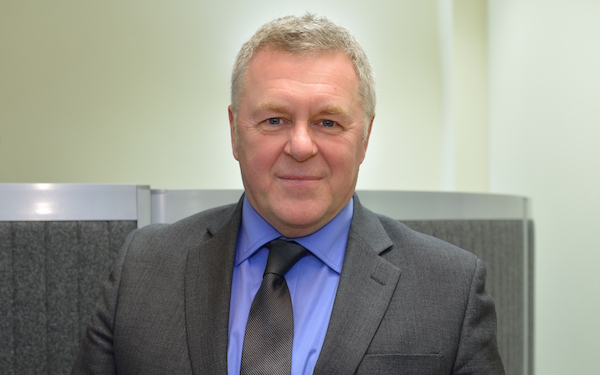By Paul Moffat, chief executive, Doncaster Children’s Services Trust
The Doncaster Children’s Services Trust went live in October 2014 with a remit of transforming social care in Doncaster and addressing long-term challenges.
At the outset, we fully expected it to take five years before we could have confidence about that change but, half way through, we have reached a real tipping point and the pace of improvement is really stepping up.
We knew that we needed to address workforce stability, after all the benefits to families and children of having a consistent social worker are obvious. And in order to best understand the issues we needed to listen to those who had a real understanding of what wasn’t working – our children and young people.
Getting the culture right
As directors, the first 10 months were characterised by staff asking ‘How long are you here for?’ This mirrored the same insecurity we saw with children who had had both multiple placements and a huge turnover of social workers.
It wasn’t until after our SIF inspection – just 11 months after we started – that our staff really felt secure. Our staff finally began to feel that they could safely commit to the organisation. In our last staff survey, over 80% of our staff said they enjoyed coming to work.
When the trust started, only 20 of our 52 managers were in permanent posts. Today 50 of our managers are permanent and we are currently recruiting for the final two posts.
Twenty eight of our agency staff have joined us full time. Asked why, they tell us they like the focus on social work the trust model brings, putting the child at the centre of everything we do. One of them said she had ‘rediscovered the joy of social work’.
Hearing from those that matter

To help make sure we captured that essential ‘voice of the child’ we wanted to add that additional layer to our participation service – a team of young people who had experience of care and who would work with our Children in Care Council and Care Leavers’ Forum and go into services to challenge thinking and change services – our Chief Executive’s Young Advisors. And they are not afraid to tell me what they think!
They’ve helped us to create a culture in which the ‘voice of the child’ is at the heart of everything we do. Their work has gone beyond influencing front line practice into areas you may not expect, such as performance and finance. After all, behind every number is a child.
In their report following their third monitoring visit, in March, Ofsted inspectors praised the way in which children and young people have a proper voice, stating: “The voices and views of children come through strongly and are clearly taken into account in the planning and work undertaken.”
The report praises the development of “a very impressive and well-supported Children in Care Council whose influence had been witnessed not only locally but nationally”.
At national level the young advisors are contributing to views on mental health services for children in care and on contact visits with family and the importance of keeping in contact with siblings. Locally, they are members of the trust’s key strategic boards, they participate in staff interviews and have delivered Total Respect training to staff and outside the trust.
In addition, the recently released independent evaluation report by the DfE praises how the trust is delivering “real improvements to the lives of children and young people” as a result of which “Doncaster is now a safer place for them”.
Investing in staff
Our philosophy is one of continuous learning and improvement and our focus is as strong on areas around HR, finance and performance as it is on operational delivery.
We have two staff as board members, bringing their expertise and holding us to account. We’ve invested heavily in our staff and in the way we engage with them.
The senior management don’t stay put in a central office and are instead out with teams, providing that additional layer of support. Our regular communications with staff, including our bi-annual staff summits, keep staff informed of work taking place across the trust.
What life is like for our children
At the cornerstone of our improvement has been ‘grip’. Our managers are now all empowered by detailed and rigorous data analysis and this has driven significant improvement in our performance indicators. We audit everything that moves – at all levels in the trust – so we all know what life is like for our children and the quality of service they receive.
We know we can’t rest on our laurels; there is still much to do but, with the right team and our young advisors, we know we will achieve our ambition.




 Facebook
Facebook X
X LinkedIn
LinkedIn Instagram
Instagram